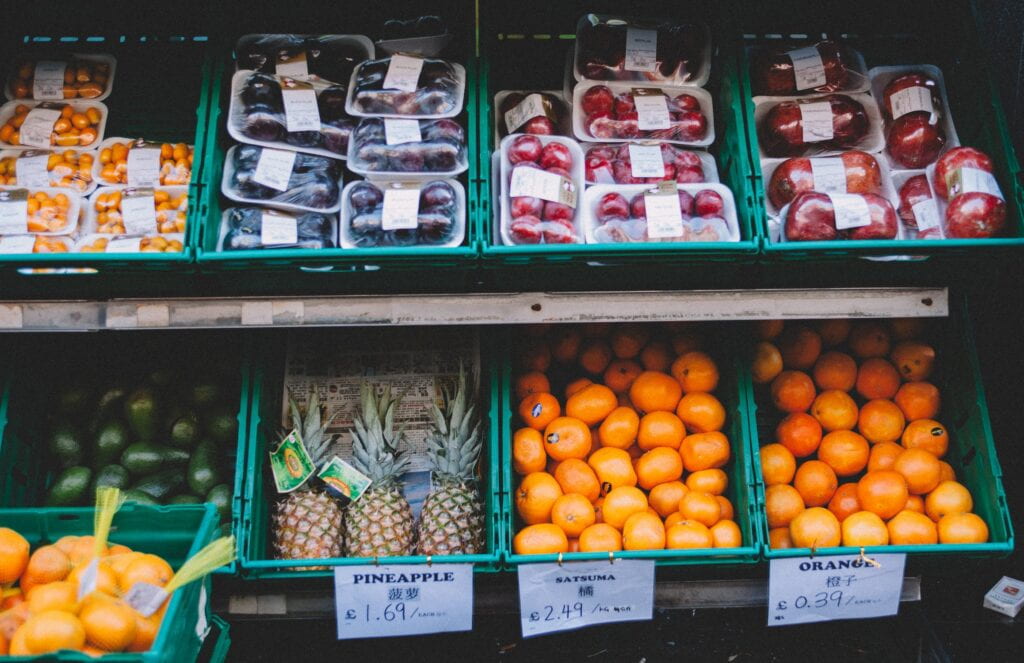
The issue of food insecurity is a problem that Liu finds important to advocate for, with roughly one-third of food produced in the U.S. is disposed of as waste. Liu describes that food waste results in energy waste when producing, processing, transporting, and preparing food. When food ends up in landfills, carbon dioxide and greenhouse gases are emitted, contributing to the effects of climate change.
Liu highlights the United States Environmental Protection Agency (EPA) guidance on conscious consumption and responsible use of food and the different ways of avoiding food waste such as simple planning, prepping, and storing measures. Additionally, Liu provides the reader with tools to mitigate this issue such as the Too Good to Waste Toolkit and the associated campaign that demonstrates ways of limiting waste.
Liu concludes that if people are successful in limiting the amount of food waste, there can be significant improvements in food security and energy conservation, addressing the problems behind climate change and hunger.
Click here to read the student’s exemplar.
